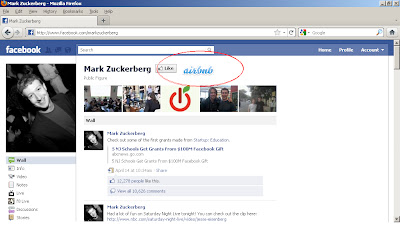 Social Identity Theory (SIT) posits that conformity to a group or organization is a product of psychological processes - that being a member of a group is defined as the subjective perception of the self as a member of a specific category. Through collective identities, individuals becomes connected to others by virtue of their common attachment to the group.
Social Identity Theory (SIT) posits that conformity to a group or organization is a product of psychological processes - that being a member of a group is defined as the subjective perception of the self as a member of a specific category. Through collective identities, individuals becomes connected to others by virtue of their common attachment to the group.Tajfel (1978) defined social identity as "that part of an individual's self concept which derives from his knowledge of his membership of a group together with the value and emotional significance attached to the membership" (p. 63).
So how does one go about manipulating social identity? How do you get others to define themselves by your group? How do you make people your zealots?
Well, it's surprisingly easy actually.
To increase social identity, you must manipulate people's readiness to define themselves in terms of your social category. This is achieved by increasing people's awareness of their membership to your group. Say, by having people wear group-relevant uniforms (Gaertner et al., 1989; Worchel et al., 1998). In a modern web context, I presume this could materialize in the form of your group's insignia being placed next to your group members' names on their Facebook profiles.
 |
| The Airbnb logo next to the profile name serves to strengthen the user's affiliation to the group |
To further strengthen ties to your group, you want people to commit to your group with a public and written statement. This is a robust social psychology finding that has strong applications to the modern web (I highly recommend Cialdini's The Psychology of Persuasion, which provides a nice and accessible overview of many social psychology findings). Getting your users to sign a seemingly trivial statement can have profound effects on their future behaviour. Statement's such as, "I,________, am committed to recycling" have been shown to truly affect the amount of recycling activity people engage in when compared to a verbal commitment and no commitment.
Applying real world social psychology findings to modern web paradigms is fascinating; it's something I'd like to keep my eye out for, and test out myself. More on this in later posts...
